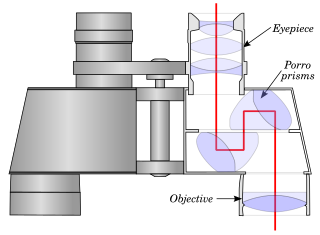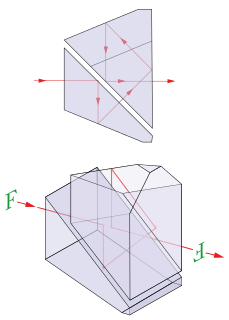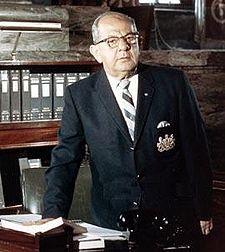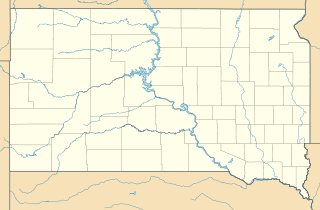A patronymic, or patronym, is a component of a personal name based on the given name of one's father, grandfather, or an earlier male ancestor. A component of a name based on the name of one's mother or a female ancestor is a matronymic. Each is a means of conveying lineage.
Chinese surnames are used by Han Chinese and Sinicized ethnic groups in China, Taiwan, Korea, Vietnam and among overseas Chinese communities around the world. Chinese surnames are given first for names written in Chinese, which is the opposite of Western naming convention where surnames come last. Around 2,000 Han Chinese surnames are currently in use, but the great proportion of Han Chinese people use only a relatively small number of these surnames; 19 surnames are used by around half of the Han Chinese people, while 100 surnames are used by around 87% of the population. A report in 2019 gives the most common Chinese surnames as Wang and Li, each shared by over 100 million people in China, with Zhang, Liu, Chen, Yang, Huang, Zhao, Wu and Zhou making up the rest of the ten most common Chinese names.
When a person assumes the family name of their spouse, that name replaces the person's previous surname, which in the case of the wife is called the maiden name, whereas a married name is a family name or surname adopted by a person upon marriage. In Scotland it is legal and not unusual for a woman to retain her maiden name after marriage. In point of fact if a woman's family was more 'influential' than the groom then he sometimes took his bride's family name.
A surname, family name, or last name is the portion of a personal name that indicates a person's family. Depending on the culture, all members of a family unit may have identical surnames or there may be variations based on the cultural rules.

Binoculars or field glasses are two telescopes mounted side-by-side and aligned to point in the same direction, allowing the viewer to use both eyes when viewing distant objects. Most are sized to be held using both hands, although sizes vary widely from opera glasses to large pedestal mounted military models.
Spanish naming customs are historical traditions for naming children practised in Spain. According to these customs, a person's name consists of a given name followed by two family names (surnames). Historically, the first surname was the father's first surname, and the second the mother's first surname. In recent years, the order of the surnames in a family is decided when registering the first child, but the traditional order is still largely the choice. Often, the practice is to use one given name and the first surname only most of the time, the complete name being typically reserved for legal, formal, and documentary matters; however, both surnames are sometimes systematically used when the first surname is very common so as to get a more customized name. In these cases, it is even common to use only the second surname, as in "Lorca", "Picasso" or "Zapatero". This does not affect alphabetization: discussions of "Lorca", the Spanish poet, must be alphabetized in an index under "García Lorca", never "Lorca".

Not to be confused with her mother, Caroline Ingalls.
The birth name is the name of the person given upon their birth. The term may be applied to the surname, the given name or to the entire name. Where births are required to be officially registered, the entire name entered onto a births register or birth certificate may by that fact alone become the person's legal name. The assumption in the Western world is often that the name from birth will persist to adulthood in the normal course of affairs—either throughout life, or until marriage. Some possible changes concern middle names, diminutive forms, and changes relating to parental status. Matters are very different in some cultures in which a birth name is for childhood only, rather than for life.
A formal Irish-language personal name consists of a given name and a surname. Surnames in Irish are generally patronymic in etymology, although they are no longer literal patronyms, as most Icelandic names are. The form of a surname varies according to whether its bearer is male or female and in the case of a married woman, whether she chooses to adopt her husband's surname.

A Schmidt–Pechan prism is a type of optical prism used to rotate an image by 180°. These prisms are commonly used in binoculars as an image erecting system. The Schmidt–Pechan prism makes use of a roof prism section. A binocular using Schmidt–Pechan prisms can be constructed more compactly than one using Porro or Abbe–Koenig roof prisms.

Czechoslovakia competed at the 1924 Summer Olympics in Paris, France. 133 competitors, 129 men and 4 women, took part in 75 events in 16 sports.

Albert R. Pechan is a former member of the Pennsylvania State Senate who served from 1949 to 1969.

The Tianshan Volcanic Group is a volcanic field in the Tianshan Mountains in Northwest China. The historically active Cone of Pechan is within the group. The volcano is 440 km southwest of Urmqui, Xinjiang.

The Frantisek Pechan Log House is a historic barn located near Tabor, South Dakota, United States. It was added to the National Register of Historic Places on July 6, 1987, as part of a "Thematic Nomination of Czech Folk Architecture of Southeastern South Dakota".
Karel Pechan was a Czech cyclist. He competed in the team pursuit at the 1924 Summer Olympics.
Petar Petretić was a historian, linguist, and Catholic bishop of the Roman Catholic Archdiocese of Zagreb (1648–1667).
Security Printing and Minting Organization is a subsidiary of the Central Bank of Iran responsible for design, production and elimination of banknotes and coinage in Iran under the exclusive authority.

Kosakeln ("Cossack") is a relatively recent, two-hand card game of the Austrian branch of the Tarock family. It is a two-handed version of the three-player game of Illustrated Tarock, itself an elaborate and challenging variant of Tapp Tarock.







